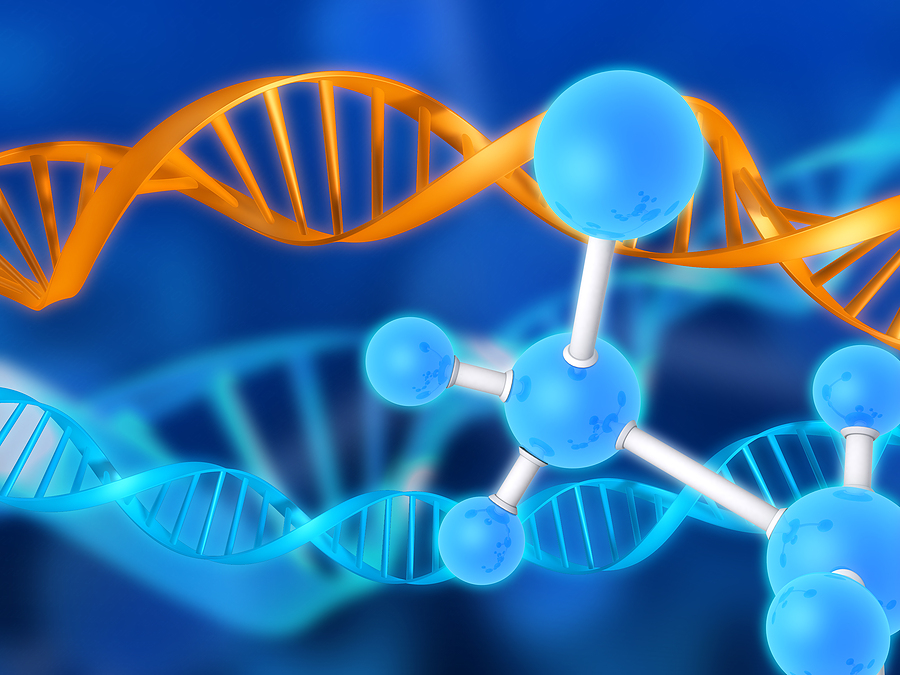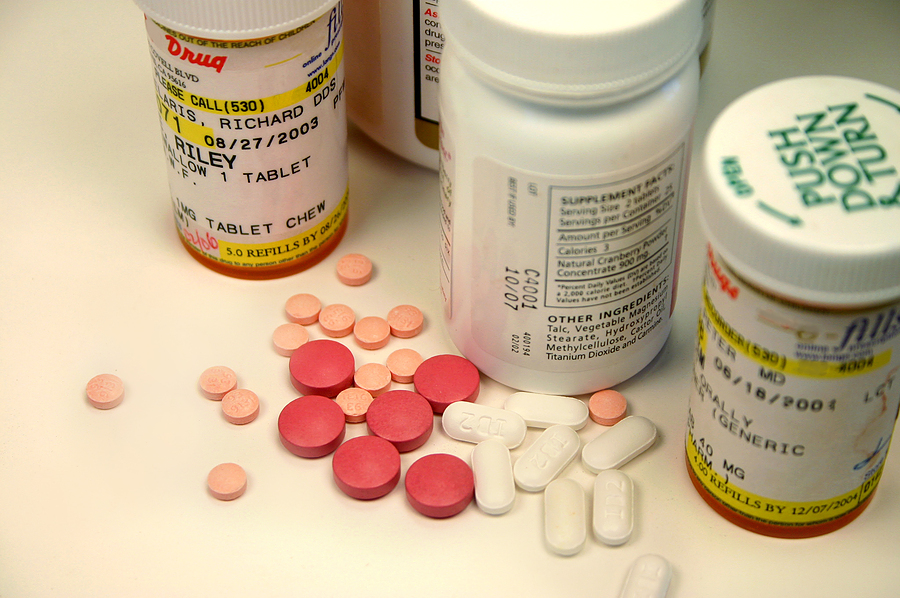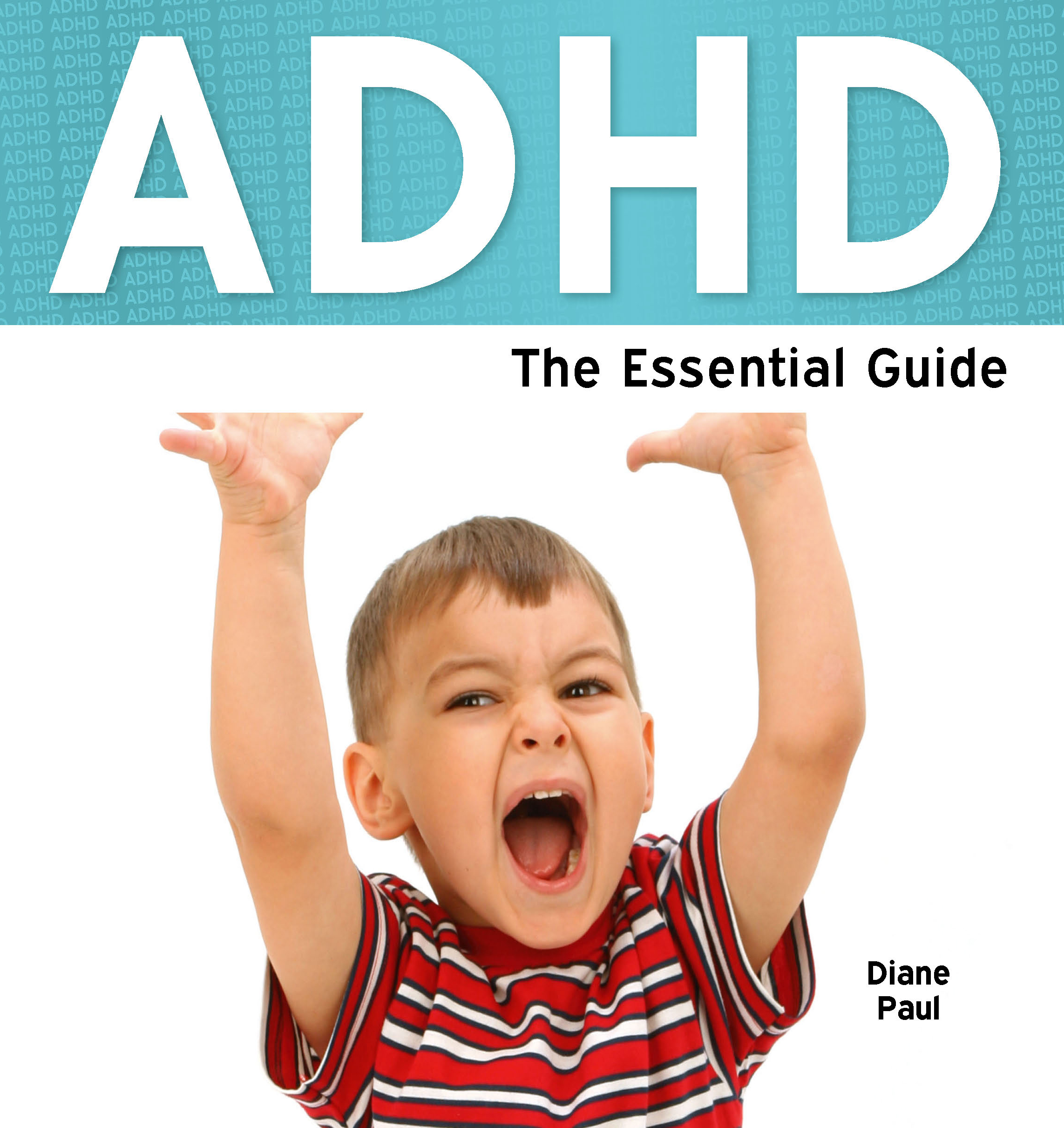
ADHD
Attention deficit hyperactivity disorder is also known in it's abbreviated form as ADHD or AD/HD. The main behavioural symptoms ADHD describes are:
-
Inattention (difficulty concentrating, paying attention, completing tasks. Sufferers may be easily distracted and forgetful)

- Hyperactivity (excessive activity and physical restlessness, fidgeting)
- Impulsivity (sufferers may experience por impulse control and delay of gratification)
ADHD can be broken down into:
- Combined Type
- Predominantly Inattentive Type
- and Predominantly Hyperactive-Impulsive Type
This basically means someone can present all of the major behavioural symptoms (combined) or show predominantly one of the characteristics. The term ADD was originally used to describe 'Predominantly Inattentive Type' (minus the 'H' for 'Hyperactivity') however it is now a term widely used (somewhat wrongly) to describe ADHD with or without Hyperactivity.
Diagnosing ADHD
To get a diagnosis of ADHD symptoms should start before the age of seven and last more than six months. ADHD is the most commonly studied and diagnosed childhood psychiatric disorder in the UK. If you think your child may have ADHD it is important you get the correct diagnosis and we would recommend your GP be your first port of call, while your child's school may also be able to help advise you on specialists in your area.
ADHD facts
- ADHD affects about 3 – 5% of children globally
- ADHD is diagnosed in about 2 – 16% of school aged children
- ADHD symptoms persist into adulthood in about 30 – 50% of cases
- ADHD is diagnosed 2 -4 times more frequently in boys than girls (the reason for this is a much debated matter)
It is common for adolescents and adults who are affected by ADHD to develop coping mechanisms which compensate for the problems associated with ADHD.
Treatment
ADHD is treated in several different ways, and while there is no 'cure' the condition can be managed using medication, or a combination of medications, behaviour modifications, counselling and lifestyle changes.
Today ADHD is a much-researched disorder and new findings are frequently discovered which bring hope and knowledge to this once misunderstood condition.
Please see news and information on ADHD below:





















